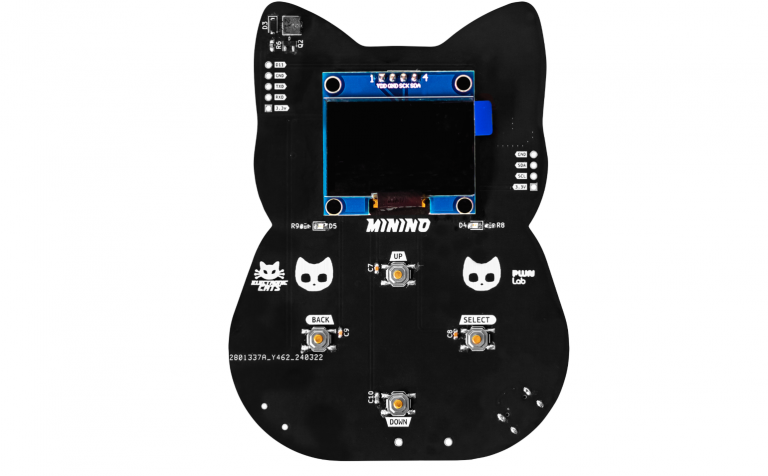Currently, prominent chip design companies like Apple, NVIDIA, AMD, Qualcomm, and MediaTek all utilize the semiconductor processes of Taiwan Semiconductor Manufacturing Company (TSMC) to manufacture their latest chips. Some of their chips might be outsourced to Samsung for production, but typically not the flagship models. Over the past few months, with improving yield rates, Samsung has been ardently vying to secure a portion of these orders, for instance, by employing its 3nm GAA process, though it seems their success has been limited.

There were rumors suggesting Qualcomm’s fourth-generation Snapdragon 8 might adopt a dual foundry strategy, utilizing both TSMC’s N3E process and Samsung’s SF3E (3GAE) process. However, according to ctee reports, both Qualcomm and MediaTek are planning to use TSMC’s second-generation 3nm process (N3E) for the manufacturing of the fourth-generation Snapdragon 8 and Dimensity 9400 chips, with no dual-sourcing plan in place. Compared to Apple’s A17 Pro, which utilizes the first-generation 3nm process (N3B), there would be improvements in both performance and energy efficiency.
Samsung announced in late June 2022 that its Hwaseong plant in South Korea had begun producing 3nm chips, utilizing the novel GAA (Gate-All-Around) transistor architecture, rumored to be more energy-efficient than TSMC’s 3nm process using FinFET technology. Despite Samsung’s new advanced process having been available for over a year, it has yet to secure large-volume orders from major clients. Conversely, Samsung’s 4nm process, after gradually resolving a series of issues, has enhanced performance, reduced power consumption, and increased density with its third-generation iteration. The yield rate has improved to nearly match TSMC’s, seemingly gaining recognition from manufacturers like AMD and securing new orders.
TSMC’s 3nm production is ramping up, with an expected monthly capacity of 100,000 wafers by the end of next year, and its revenue share is anticipated to rise from the current 5% to 10%. Samsung plans to introduce a second-generation 3nm process technology next year, named SF3 (3GAP), which will further optimize the existing SF3E. The Exynos 2500 is likely to be the first high-performance chip to adopt this new process.






